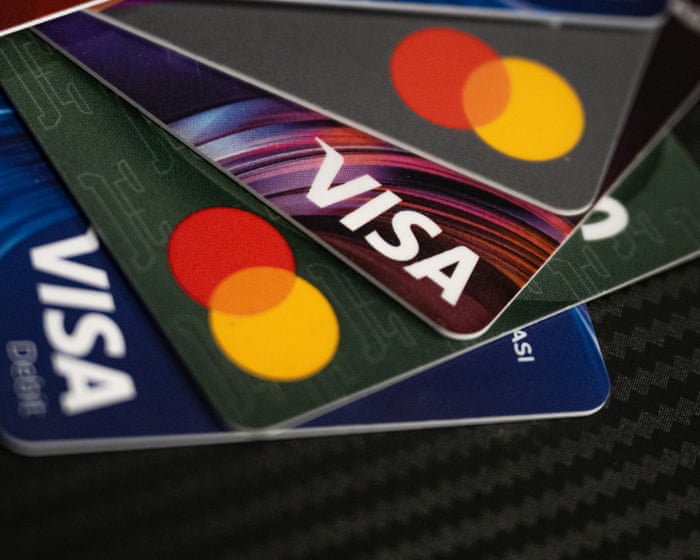The Credit-Card Rule That Powers Rewards Cards Just Got Broken
NegativeFinancial Markets

- Visa and Mastercard have settled a lengthy legal dispute with merchants, enabling stores to reject specific credit cards for the first time. This change comes after two decades of contention regarding transaction fees and card acceptance, highlighting the evolving dynamics in the credit card market.
- The settlement is significant as it may alter the landscape for rewards cards, which have traditionally relied on universal acceptance of credit cards. This development could lead to changes in consumer behavior and merchant strategies regarding payment options.
- While there are no directly related articles to expand upon, the settlement underscores broader themes of merchant rights and payment processing dynamics, which have been contentious issues in the retail sector.
— via World Pulse Now AI Editorial System


